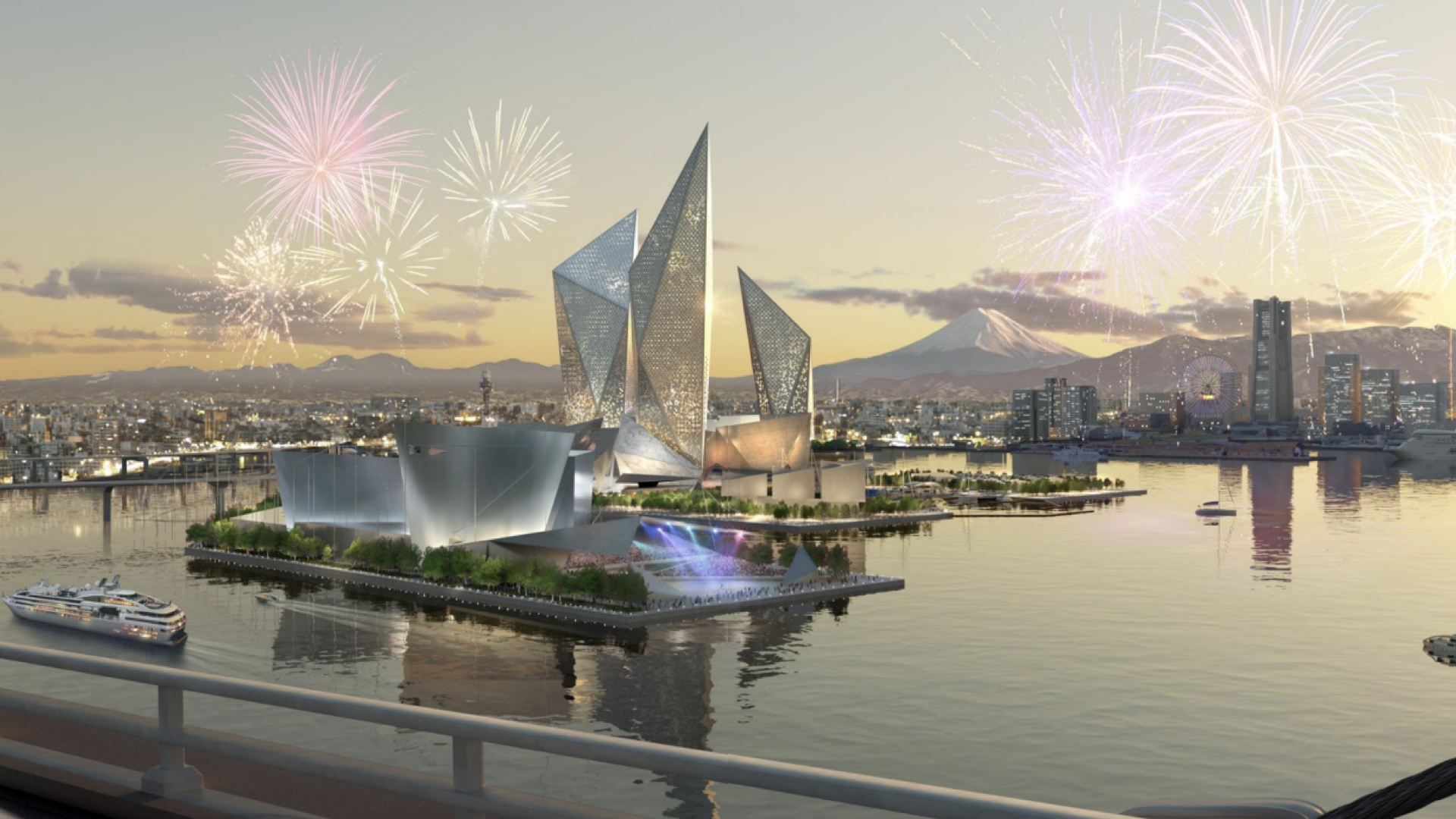It may be a little early to write the obituary for Japan’s IR policy, but additional evidence was presented this past week about what could already be described as the biggest flaw in the design of the Japan IR regulation—the short periods that IR licenses will be valid.
This week Sega Sammy Holdings made it clear that it was no longer seeking an IR license of its own, instead shifting to a strategy of becoming a minority shareholder supporting an operator that had better ability to draw Chinese customers.
The company statement added, “We consider the law related to the development of IR as the big concern. Since the guarantee of business duration term is not stable under this law, financing may become a tough condition so we judged that it would be better to control risks to some extent and aim at appropriate returns.”
It was clear what Sega Sammy meant, as other operators have been grumbling about the same issue for some time.
According to the current legal framework, an IR license will be valid for an initial ten years, and thereafter the re-approval process will be conducted on five-year intervals.
International IR operators looked askance at this condition from the time it was first revealed, but perhaps a few years ago they were still dazzled by the underlying potential of the Japanese market and may have had their heads filled with exaggerated notions about the competence of Japanese government authorities.
But now several years have passed, the operators focused their attention on their Japan bids, and they have begun to see for themselves the messier realities of Japanese policy and politics. In other words, as they have learned more about how Japan is actually governed, there has been a process of disillusionment.
Armed with the new knowledge, they have come to realize that all it will take is an election or two to go the wrong way and it becomes a real prospect that ten years is all that they’ll get on their IR licenses.
That could easily mean that if they move forward with their original visions of building a US$10 billion IR in the Kanto or Kansai, they might have only a few years to recoup their investment—much too short a time. Thus the risks of Japanese market now look steeper than the benefits.
Of course, it is not just the IR operators who are nervous about the short licensing period. The bankers and financiers also have a wary eye on this condition. This makes them less willing to lend large sums for IR development, and even when they are willing to do so it will be on less favorable terms.
The initial concessions in Macau, it should be noted, were for twenty years, and this helped convince the six concessionaires that it was in their interests to invest huge amounts of money in the territory.
It may be this short and unstable licensing period—as cited by Sega Sammy—which is the single biggest regulatory factor by which the Japanese government undermined its own vision of hosting the world’s largest and most splendid IRs. (AGB Nippon / AGB Nippon – JP)











